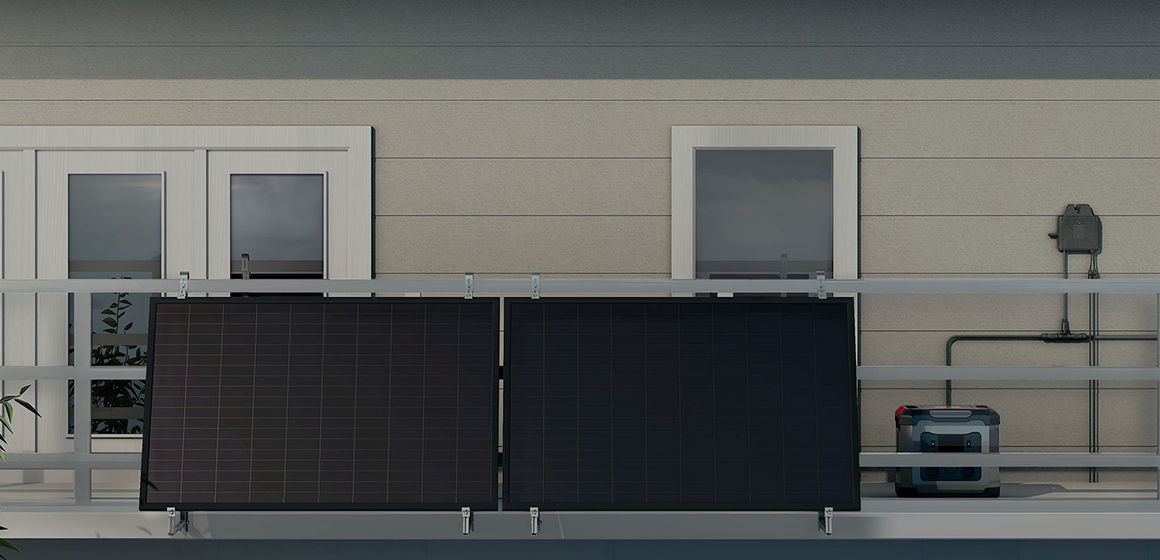Unlock the Future: Discover the Game-Changing Innovations in Solar Energy Storage!
As the world increasingly shifts towards renewable energy, the importance of innovative solar energy storage has never been more pronounced. Solar energy, while abundant and eco-friendly, is inherently intermittent; it is generated only during daylight hours, making energy storage solutions critical for ensuring a steady power supply. The growing demand for efficient storage solutions is driving remarkable innovations in this sector, pushing the boundaries of what is possible. In recent years, advancements in technology have led to new ways of harnessing solar energy, making it more reliable and accessible. These innovations not only enhance the efficiency of solar energy systems but also play a vital role in addressing climate change and reducing our reliance on fossil fuels.

Current Trends in Solar Energy Storage
The solar energy storage landscape is evolving rapidly, influenced by several current trends that are reshaping how we think about energy consumption and storage. One significant trend is the advancement in battery technology, particularly with the development of high-capacity lithium-ion batteries. These batteries are becoming more efficient, offering longer lifespans and better energy density, which means they can store more energy in a smaller footprint. Another trend is the rise of decentralized energy systems, where consumers generate and store their own energy, reducing their dependence on traditional power grids. This shift is accompanied by increasing efficiency standards, pushing manufacturers to innovate and create storage solutions that not only meet but exceed previous benchmarks. These trends reflect a broader movement towards a more sustainable energy future, driven by both consumer demand and regulatory changes.
Innovative Technologies Transforming Energy Storage
The landscape of solar energy storage is also being transformed by innovative technologies that challenge traditional storage methods. One such technology is lithium-sulfur batteries, which promise to deliver higher energy density and lower costs compared to their lithium-ion counterparts. Flow batteries are another exciting development; these systems use liquid electrolytes to store energy, making them highly scalable and suitable for large-scale applications. Additionally, thermal storage solutions are gaining traction, utilizing materials that store heat for later use, which can be particularly effective in reducing energy costs in commercial settings. Each of these technologies offers unique advantages and the potential to revolutionize energy storage, making solar power more viable and attractive for a wider array of applications.
The Role of AI and Smart Technologies
Artificial intelligence (AI) and smart technologies are becoming indispensable in optimizing solar energy storage systems. With the help of predictive analytics, AI can forecast energy production and consumption patterns, allowing for better management of stored energy. Smart grid technology is also playing a crucial role by enabling real-time monitoring of energy flow, which enhances the reliability of storage solutions. These systems can automatically adjust energy distribution based on demand, ensuring that energy is used efficiently and effectively. By integrating AI and smart technologies into solar energy systems, we can achieve greater efficiency, reduce waste, and ultimately create a more reliable energy infrastructure.
Challenges and Future Directions
Despite the promising innovations in solar energy storage, the industry faces several challenges that must be addressed to fully realize its potential. One of the primary obstacles is the cost associated with the development and deployment of advanced storage technologies. While prices are gradually decreasing, the initial investment can still be a barrier for many consumers and businesses. Scalability is another concern; as demand for energy storage grows, the industry must find ways to produce and implement solutions on a larger scale without compromising quality or safety. Environmental concerns, particularly regarding the sourcing and disposal of materials used in batteries, also need to be considered. However, ongoing research and development are paving the way for solutions that address these challenges, with a focus on sustainability and efficiency that will define the future of solar energy storage.
Innovative Solutions Shaping Solar Energy Storage
In summary, innovative solar energy storage solutions are at the forefront of the renewable energy revolution. From cutting-edge battery technologies to the integration of AI and smart technologies, these advancements are crucial for enhancing the efficiency and reliability of solar power systems. As we face the challenges of climate change and the need for sustainable energy sources, the importance of these innovations cannot be overstated. Staying informed about ongoing developments in solar energy storage is essential for anyone interested in the future of energy, as these technologies will undoubtedly play a significant role in shaping our energy landscape.








